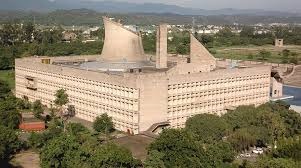Lebanon, Beirut : In a covert operation, Israel is accused of embedding explosive materials in pagers ordered by Hezbollah from Taiwan, according to American and international officials familiar with the situation. The pagers, manufactured by Taiwanese company Gold Apollo, were reportedly part of an imported batch destined for Hezbollah in Lebanon, sparking a new wave of tension in the region.
According to officials, the operation involved tampering with the devices prior to their shipment. The majority of the pagers were the AR924 model, although three other Gold Apollo models were included. The tampering involved embedding small amounts of explosive materials—ranging from one to two ounces—near the battery compartments of each pager. Furthermore, a remote trigger was installed, allowing the explosives to be detonated from a distance.
On Tuesday at around 3:30 p.m. local time in Lebanon, the pagers received a message that appeared to come from Hezbollah’s leadership, said two officials. However, this message was actually a detonation signal for the hidden explosives. Lebanese officials reported the incident had devastating consequences, with Health Minister Firass Abiad confirming at least 11 deaths and over 2,700 people injured.
This method of subversion highlights the increasing complexity of the ongoing conflict between Israel and Hezbollah. Neither Israel’s Ministry of Defense nor Gold Apollo has commented on the alleged operation or the accusations leveled against them.
Hezbollah has condemned the act, accusing Israel of deliberately targeting civilians and attempting to undermine their operational capabilities. The incident has added fuel to the long-standing rivalry between Israel and Hezbollah, intensifying an already volatile situation in the region.
The use of technology as a weapon in this conflict underscores the lengths to which both sides are willing to go in their power struggle. The international community has expressed concern over the latest escalation, with calls for a thorough investigation into the incident to prevent further casualties.
While Hezbollah continues to recover from the aftermath of the attack, security measures are expected to tighten, and questions are being raised about the role that international companies may play, knowingly or unknowingly, in these covert operations.
The international community awaits more information as investigations continue. This latest incident adds a new dimension to the Israel-Hezbollah conflict, drawing attention to the technological warfare that is becoming increasingly prevalent in modern-day battles.




